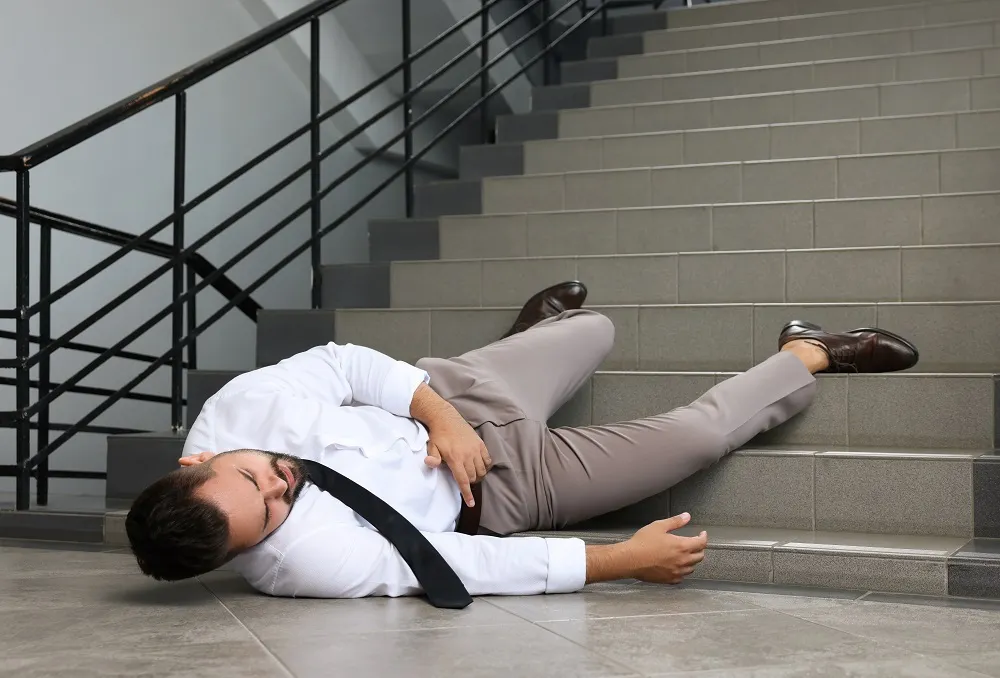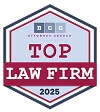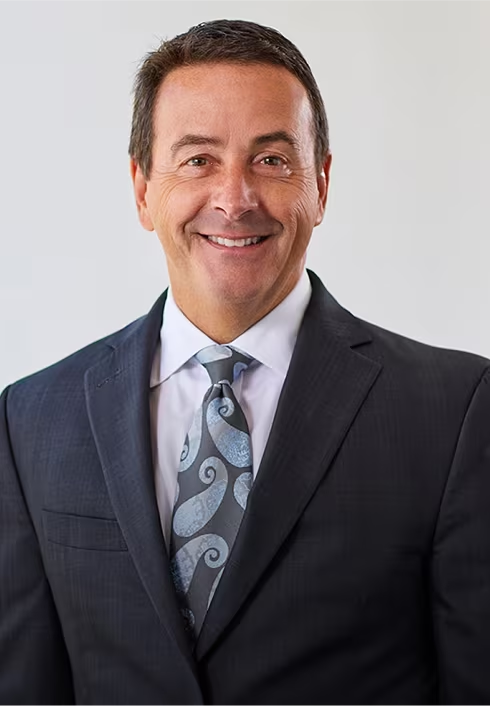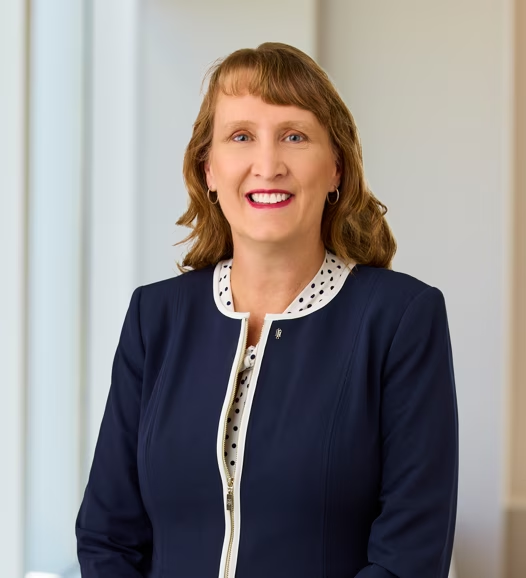%20(1).avif)
Indianapolis Premises Liability Lawyers
Fighting for Justice When Unsafe Properties Cause Harm

.avif)

1B+
recovered for clients
300+
years of combined experience
500+
cases won
Why Choose CohenMalad, LLP for Premises Liability Cases?
At CohenMalad, LLP, we believe property owners have a duty to maintain safe environments for visitors. When they neglect that duty, innocent people can be hurt and often end up dealing with physical pain, financial burdens, and emotional distress.
Our experienced premises liability attorneys have a proven track record of holding property owners and businesses accountable for their failures. We understand the complexities of these cases and are dedicated to providing compassionate yet aggressive representation for our clients.
Whether negotiating a settlement or fighting for your rights in court, we’ll work tirelessly to secure the compensation you deserve.

Common Types of Premises Liability Cases We Handle
Indianapolis Slip and Fall Accident Lawyers
Indianapolis Negligent Security Lawyers
Indianapolis Sidewalk Accident Lawyers
Indianapolis Elevator Accident Lawyers
Indianapolis Dram Shop Liability Lawyers
Indianapolis Municipal Liability Lawyers
Indianapolis Swimming Pool Accident Lawyers
What Is Premises Liability?
Premises liability is a legal concept that makes property owners and managers responsible for maintaining safe conditions on their premises. If a property owner fails to fix or warn about known hazards, they can be held liable for injuries resulting from their negligence.
Possible hazards include wet floors, uneven sidewalks, broken staircases, poor lighting, and inadequate security. Premises liability applies to various property types, including homes, businesses, public spaces, and rental properties.
Who Can Be Held Liable in Premises Liability Cases?
Liability in premises liability cases typically falls on the following parties:
- Property owners: For failing to maintain safe conditions or warn of hazards.
- Landlords: For neglecting maintenance or repairs in rental properties.
- Businesses: For hazards that arise in commercial establishments, such as stores, restaurants, or hotels.
- Maintenance companies: For improper upkeep of shared spaces like elevators or parking lots.
- Security companies: Businesses that provide security measures are responsible for meeting specific safety protocols and enacting certain procedures that offer a base level of security to the public.
Determining liability in these cases can be complex. Our attorneys have the experience and resources to investigate your case thoroughly.
Compensation for Premises Liability Accident Victims
Those who are injured in premises liability accidents may be entitled to compensation for the following impacts:
- Medical expenses: Includes hospital bills, surgeries, rehabilitation, and ongoing care.
- Lost wages: Reimbursement for time missed at work due to injuries.
- Loss of earning capacity: If your injuries prevent you from returning to work.
- Property damage: Coverage for personal belongings damaged during the incident.
- Pain and suffering: Compensation for physical pain and emotional distress.
The capable attorneys at CohenMalad, LLP will take steps to ensure that you receive the maximum compensation available.
How Premises Liability Cases Work
Premises liability cases involve several key steps, including:
- Investigation: Examining the property and circumstances of the accident to identify hazards and determine liability.
- Evidence-gathering: Collecting photos, surveillance footage, witness statements, and medical records to build a strong case.
- Negotiation: Working with insurance companies to secure a fair settlement.
- Litigation: Presenting the client’s case in court to pursue justice if necessary.
No matter how your case proceeds, our team will guide you through every step of the legal process, ensuring you understand your rights and options.
The Statute of Limitations for Premises Liability Claims in Indiana
In Indiana, victims of premises liability accidents generally have two years from the date they sustained their injuries to file a lawsuit.
Missing this deadline can result in losing your right to compensation. Hiring an attorney from our firm as soon as possible will allow us to gather evidence and build a compelling case for compensation on your behalf.
Take Action — Contact CohenMalad, LLP Today
If you’ve been hurt on someone’s dangerous property, CohenMalad, LLP is here to help. Contact us today for a free consultation.
Meet Our Team
The skilled premises liability attorneys at CohenMalad, LLP are committed to advocating for victims of negligence. We combine a compassionate outlook to client service with an aggressive approach to representation, ensuring that our clients are treated fairly and receive the compensation they need to move forward.

FAQ
What if the hazardous condition was temporary, and I was injured before it was cleaned up?
Temporary hazards, such as spills or debris, can still make a property owner or occupier liable if they fail to address the condition within a reasonable timeframe. The key issue is whether the property owner knew or should have known about the hazard.
For example, if the spill occurred shortly before your fall, the property owner might argue that they didn’t have enough time to clean it. However, businesses and property owners must conduct regular inspections to promptly identify and mitigate dangerous conditions.
Even temporary hazards can lead to a valid premises liability claim with sufficient evidence. Our attorneys will investigate whether proper protocols were in place and whether employees or staff acted negligently in handling the situation.
Can I file a claim if I was partially at fault for my accident?
Yes. Indiana follows a comparative fault rule that says you can still recover compensation as long as you’re less than 51% liable for the accident. However, your compensation will be reduced by your assigned percentage of fault. For example, if a court determines that you’re 20% responsible for your accident, your total damages will be reduced by 20%.
In a premises liability case, the defendant might argue that you were distracted, ignored warning signs, or failed to act reasonably to avoid the hazard. Our team knows how to counter such arguments and minimize claims of shared fault, ensuring that clients receive fair compensation.
Does premises liability apply to injuries that occur on government property?
Yes. You may file a premises liability claim if injured on government property, such as a public park, government office, or sidewalk. However, lawsuits against government entities often come with additional requirements and shorter deadlines. For example, you may need to file a notice of claim within a specified timeframe to inform the government of your intent to sue.
Because these claims can be complex, working with a qualified attorney who understands the specific procedures and rules for suing a government entity is essential. Our lawyers can see that all key deadlines are met and that your claim is handled correctly.
Can I still pursue a premises liability claim if I was injured at a friend or family member’s house?
Yes. You can file a premises liability claim if you were injured at someone’s home, even if the property owner is a friend or family member.
In most cases, their homeowner's insurance policy will cover the damages rather than their personal finances. Filing a claim can help you cover your medical expenses and other losses without putting unnecessary financial strain on the property owner.
We understand that pursuing a claim against someone you know can be uncomfortable. Our attorneys handle these situations delicately to protect our client’s relationships while upholding their legal rights.
Hold Negligent Property Owners Accountable
Don’t deal with the effects of your injuries alone. Contact CohenMalad, LLP, today to explore your legal options and get the help you need.





.avif)






.avif)
.avif)





